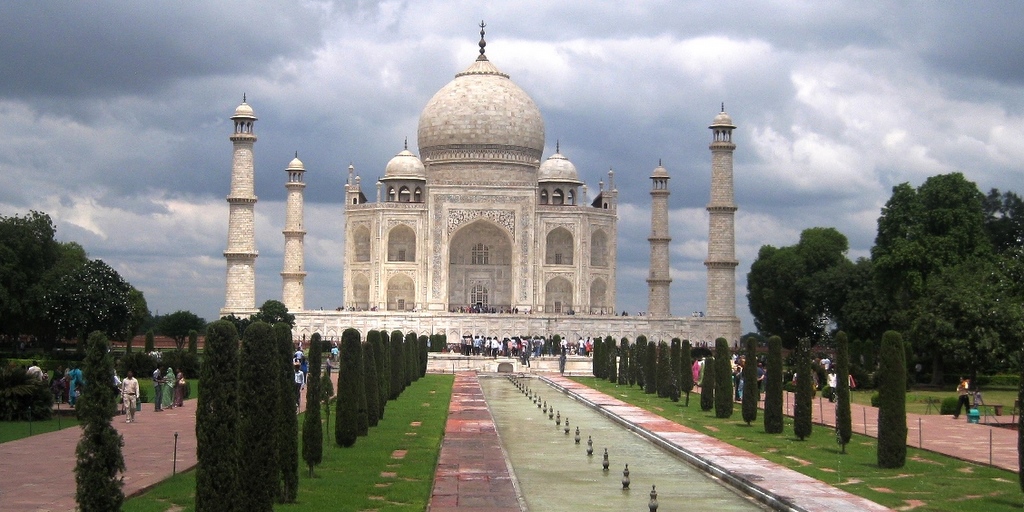
January 2, 2013, by ICCSR
Making the difficult look easy in unfamiliar territory: CSR field research in India!
My PhD research seeks to investigate the emerging corporate –community engagement practices in the developing countries posing a simple question: ‘why and how corporations are instigating community based organisations?’
First year field preparation kicked off with identifying Corporate Social Responsibility (CSR) practices where companies are creating some sort of community level groups/organisation and by second year it was mostly approaching the companies for research access and organising the field visit. However, preparing the literature review and framework by going through hundreds of articles sitting at the desk (or lying in the bed) is one thing; conducting face-to-face interviews and focus group discussions with hundreds of people, most of whom are not as enthusiastic as you, in an unknown environment is incomparable. And this could go on for weeks and months … and at the end you might feel that the materials in hand are not precisely what you expected. That’s the worst that can happen, nevertheless, one usually ends up with lots of positives (and loads of data) from the trip, if planned properly.
In my six week long field trip, I visited the remotest villages in five Indian states to investigate the novel CSR practices carried out by three different oil and gas companies. During this extreme hectic schedule, I squeezed out some time to visit the dazzling Taj Mahal – one of the Seven Wonders of the World in Agra. I am extremely thankful to ICCSR for not only funding the trip but also providing all the necessary administrative assistance. It is crucial to find out the costs (e.g. accommodation, food, transport) in advance as much as possible. A bit of planning regarding the interview schedule and a good itinerary help to limit the cost.
I arranged the first phase of interviews beforehand with the CSR personnel in Delhi and Mumbai corporate offices, but the rest of trip was not that obvious. I was keen to investigate specific community interventions, yet my plan had to match with the availability of the interviewees. The selected companies had their interventions in places far apart from each other, it was really challenging to finalise the rest of the itinerary. At the end, my itinerary looked like this: Delhi city to Mumbai city to Duliajan in Assam to KamaReddy, Karimnagar in Hyderabad to Ujjain in Indore to Nagothane in Maharashtra. Being a foreign national, I was prohibited to visit Barmer, Rajasthan as it required special permission from the government. Still it was a long tour!
Some tips for those who are going next…..
- Questionnaire should consist of very simple questions, at least for the grassroots level interviewees (if possible in local language).
- Find and approach the appropriate authoritative person to access the field, otherwise it might get delayed. This can be done well ahead your trip. Sometimes a simple phone call does the trick. Previous professional network and NUBS alumni might prove influential.
- Check whether the local festival and holiday schedule overlaps with your plan. As I said, the interviewees are not as keen as you to commit the time. So, act accordingly.
- Field-level conditions (!) such as weather, food, culture, language all can work against you. I’ve been to villages with no sanitation facilities! Even though I am from the Indian subcontinent, the different style of foods in different states did not always suit me. During summer, excessive heat and sudden rain was an interruption. It was challenging to keep myself fit at times.
- Always carry the required gadgets such as mobile, laptop, audio recorder, camera etc. Smart phone with google map is a very good help just in case you get lost somewhere!
- Be responsive to opportunities. Balanced planning of domestic transport (flights and car renting) helped me to be responsive to the available opportunities and optimise the field visit outcomes.
- Explore as much as local information from the visiting authority beforehand.
A field visit for the purpose of data collection is supposedly a gruelling experience for any PhD student! It is important to go with an open mind and prepare well to handle all the unwanted surprises. At the end, it is all about making the difficult look easy.
By Shakera Siddiky. Shakera is a doctoral researcher at the ICCSR, Nottingham University Business School.
Image: courtesy of Shakera
No comments yet, fill out a comment to be the first

Leave a Reply